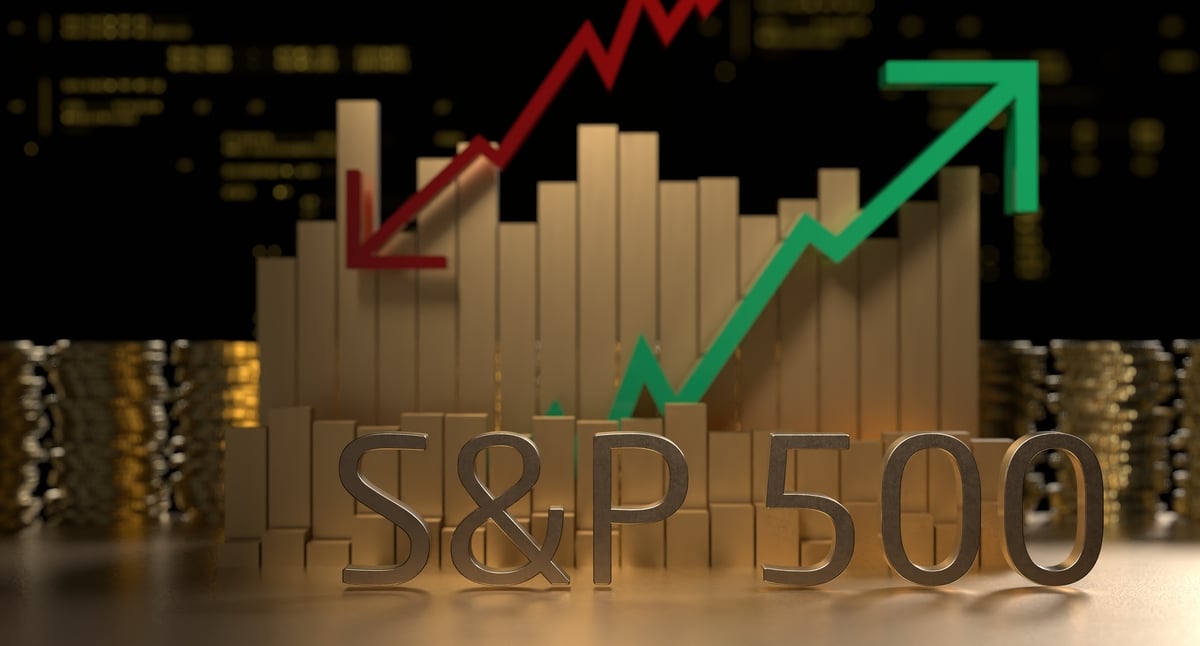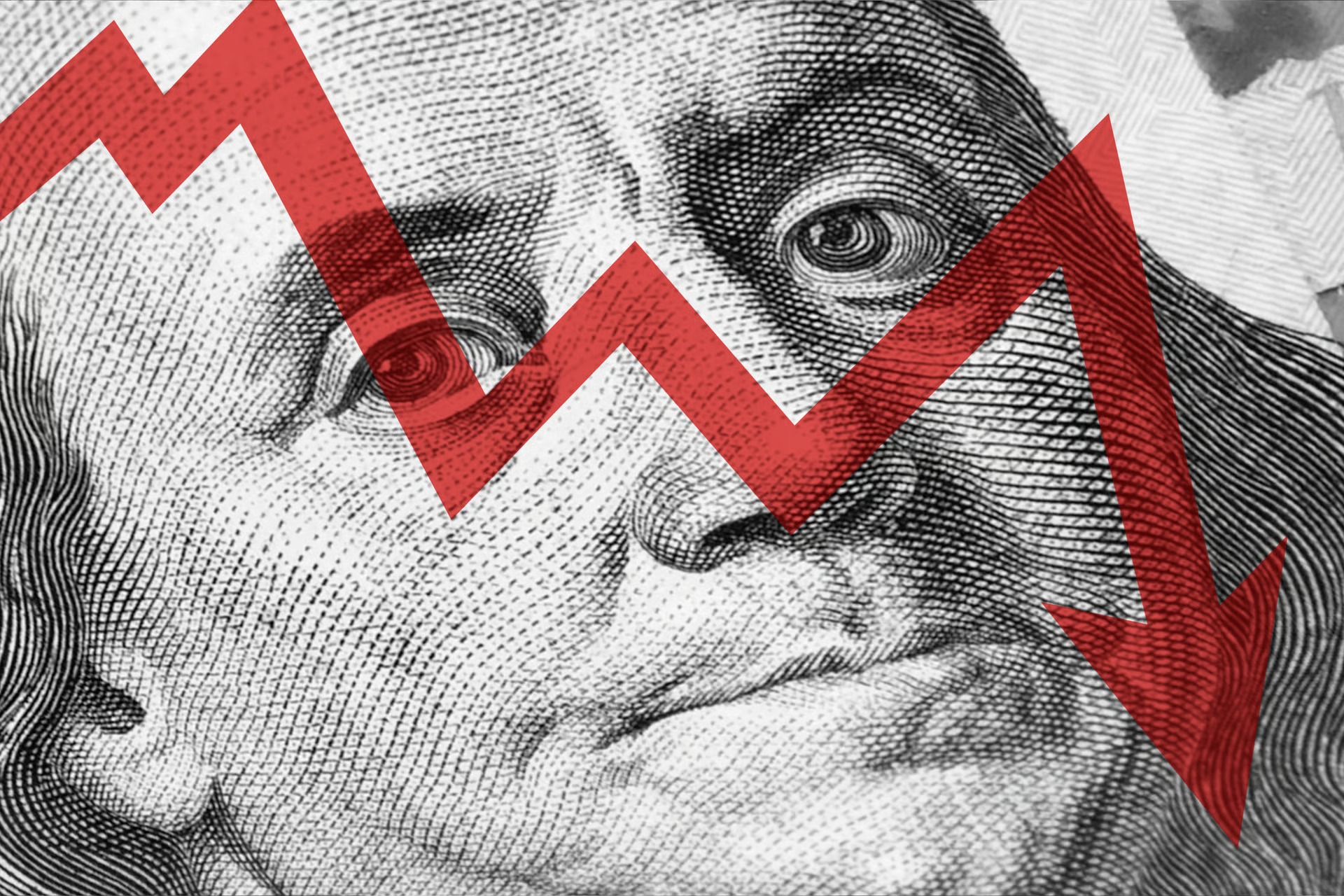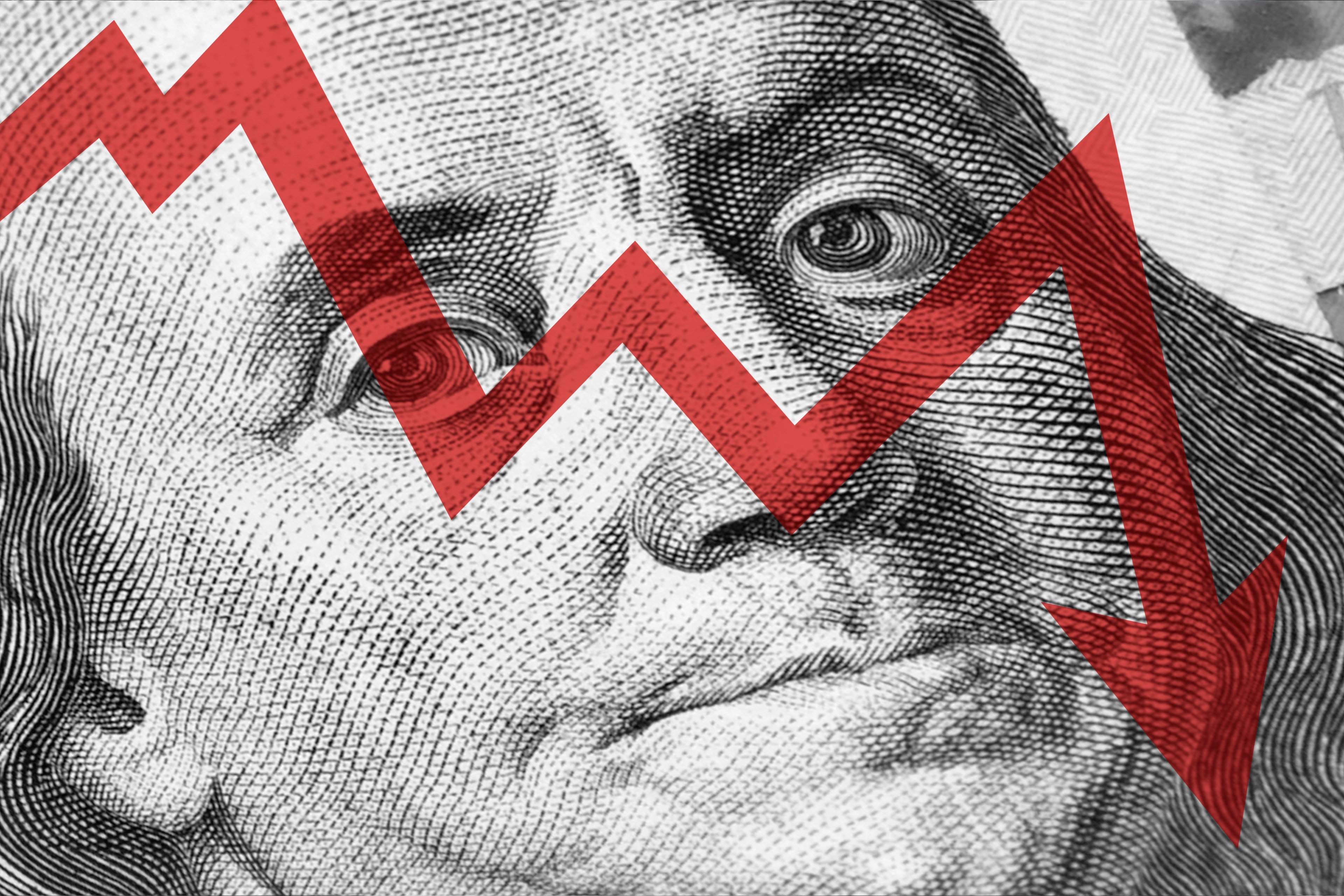Although we don't believe in timing the market or panicking over daily movements, we do like to keep an eye on market changes -- just in case they're material to our investing thesis.
Earnings season is hitting the Dow Jones Industrial Average (^DJI +0.64%) especially hard today, as two of the top three Dow stocks, International Business Machines (IBM +1.33%) and Goldman Sachs (GS +1.41%), are down big-time following poor earnings reports. Late in trading, the Dow is down a modest 21 points. However, the S&P 500 (^GSPC +0.50%), a far superior but less popular market gauge than the Dow, has risen nine points to a new all-time high of 1,730.
The Dow Jones Industrial Average is structured as a price-weighted index, so the companies with the largest stock prices have the largest effects on it. This relic of the 1890s means that Visa has the largest impact on the Dow with its stock price of $197 even though its market capitalization is a third the size of ExxonMobil's. The S&P 500 is a market-cap-weighted index, meaning companies have an effect proportional to their market cap, so Apple and ExxonMobil are the top heavyweights.
The Dow's weighting methodology can lead to strange movements on days when the largest stocks make big moves. Today is one of those days, as IBM, the second-highest-weighted Dow stock, is down 6.5%, while Goldman Sachs, the third-heaviest Dow stock, is down 2.5%.
IBM is down because the IT giant's quarterly results missed analyst expectations. Earnings of $3.99 per share were slightly higher than analyst expectations of $3.96, but revenue of $23.7 billion fell short of analysts' expectations of $24.7 billion.
Numerous analysts piled on the downward pressure by cutting their price targets on IBM, and one analyst cut his rating from "buy" to "neutral." UBS analyst Steve Milunovich took a short-term view on the stock, saying: "IBM has badly missed not just revenue but profit two of the last three quarters, which is unusual. Results could improve as 2014 unfolds, but the next two quarters likely won't be too encouraging."
Goldman Sachs likewise disappointed Wall Street on the top line. Goldman reported earnings of $2.88 per share beating analyst expectations of $2.44. Revenue of $6.72 billion missed analyst expectations of $7.4 billion due to a 44% drop in fixed-income trading revenue. This was not much of a surprise, as numerous banks have reported similar hits from low-fixed income trading revenue.
Wall Street constantly takes a short-term view of stocks and earnings, as it's pressured by the "relative performance" game. Individual investors' biggest advantage is the ability to take long-term views on stocks and hold great companies for years at a time, ignoring the market's manic depression.







